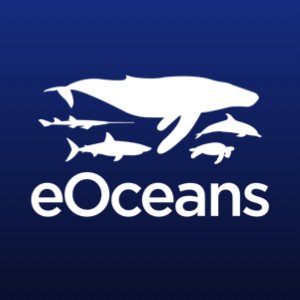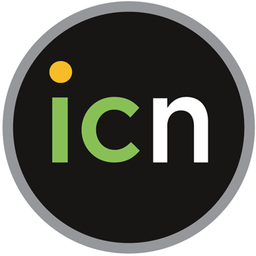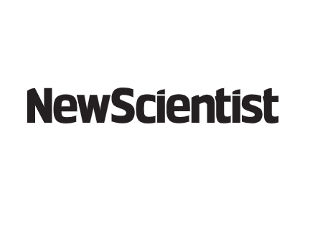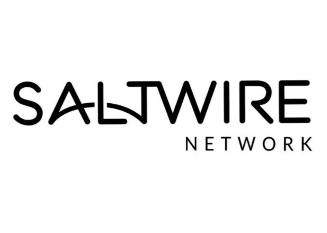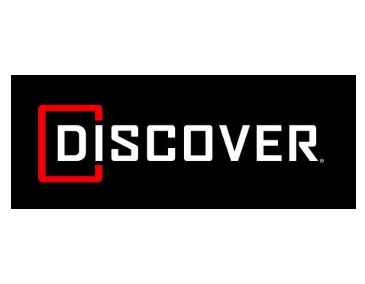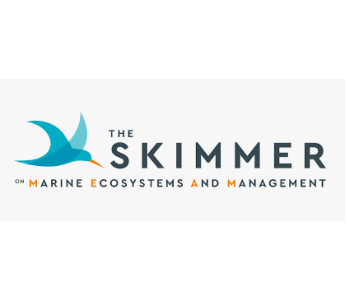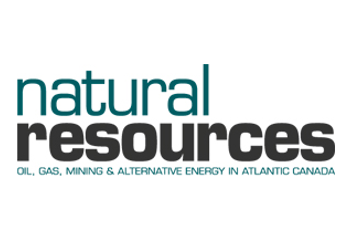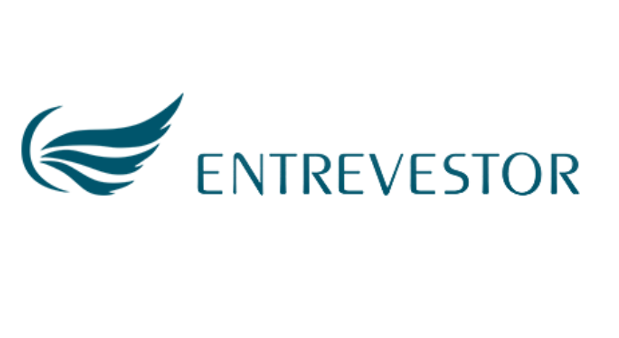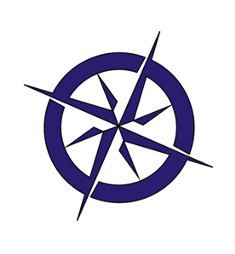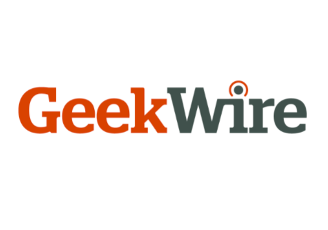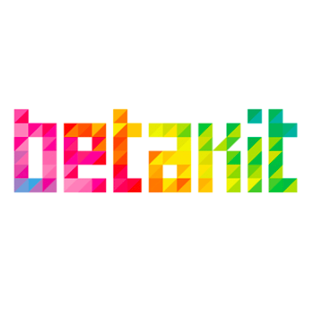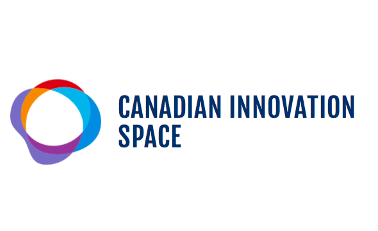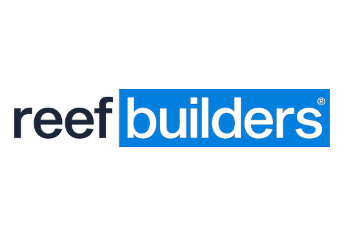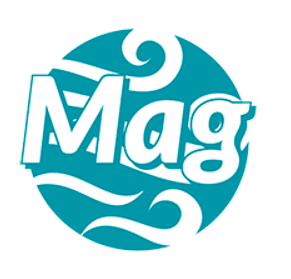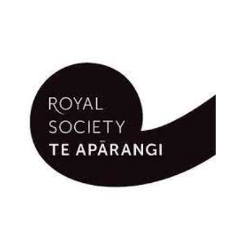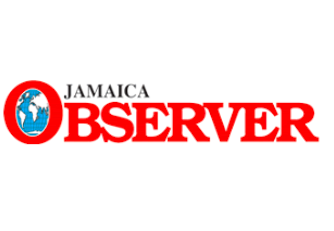
We're on a mission to accelerate and scale your work.
Designed and built by experts
eOceans was founded, designed, and built by PhD scientists who saw the need for a better way to track and understand our rapidly changing world.
Dr. Christine Ward-Paige, Founder
-
Christine has contributed to some of the most top-cited papers in marine policy and conservation, driving significant international change.
While working at Canada’s Fisheries and Oceans, she evaluated biodiversity, fisheries policies, functional diversity, and protected areas. It was there she realized that the existing methods were too manual, siloed, expensive, and slow to keep up with the rapid changes unfolding in marine ecosystems.
It cost upwards of a million dollars to assess whether a protected area was effective or to determine the sustainability of a fishery or the impacts of invasive species. As a result, the majority of areas and issues went unassessed.
Determined to change this, she set out to create a solution where every protected area, fishery, species, and ecosystem could be assessed in real-time for less than $5000 a year—saving an estimated $291 billion in time and data, and unlocking the capacity for smarter, faster decisions.
Dr. Geoffrey Osgood, CTO
-
Geoff has a passion for the oceans, ocean exploration, statistics and visualization, and education – a great fit for eOceans. Through his PhD, Geoff developed an expertise in analyzing disparate ocean field data, from standardized sampling techniques to opportunistic crowdsourced data. He also taught quantitative ecology and inspired others to appreciate the complexity of the ocean and to value the importance of longitudinal data and deploying spatiotemporal multi-variate analysis when trying to describe the ocean. He has joined various field research teams around the world and has developed great empathy for those who depend on the ocean – human and wildlife alike. Geoff is excited to combine his expertise with Christine’s to bring their combined knowledge to deliver expert analytics and insights to organizations and communities around the world.
Made in Canada
Designed and built in Canada, eOceans upholds the highest standards of research ethics while balancing needs of governments, academia, First Nations, Indigenous and local knowledge holders, fisheries, industry, research organizations, NGOs, businesses, and more.
What we do for you
After 20 years of doing data analysis and publications manually for government, industry, fisheries, tourism, and more, we built the eOceans app for you to use on your own. We also provide bespoke data analysis and full-service consulting.
Data ethics
Ethical data use is non-negotiable—and built into eOceans.
We facilitate compliance with research ethics, legal frameworks, and data sovereignty, enabling researchers, consultants, businesses, governments, First Nations, fishers, tourism operators, and others to collaborate responsibly.
Unlike many nature-logging apps that expose sensitive species and locations, eOceans integrates safeguards, risk disclosures, and permissions to meet institutional, regulatory, and community standards.
With 30 years of ethics expertise, we provide the most secure and compliant platform for responsible data-driven decision-making.
Stance on flying
We only fly when absolutely essential—never for meetings or conferences that can be done virtually. This means travel is limited to field work and meeting with communities where virtual meetings are not possible. This isn't just about reducing our environmental footprint and leading by example, it also keeps our marketing and travel budgets low so we can keep prices low for you.
If you believe in what we’re doing, help spread the word—wherever you go.
History
Founder, Dr. Christine Ward-Paige, came from the renowned RAM Lab (Ransom Myers' lab), where students joked that if he could, he’d stack them floor to ceiling—determined to analyze all the world’s data to document the state of our oceans and planet.
Over two decades of research, Dr. Ward-Paige led studies on coral reefs, sewage pollution in coastal ecosystems, shark sanctuaries, Caribbean biodiversity, the global status of manta rays and sharks, the Great Fiji Shark Count, eShark Thailand, marine spatial planning, policy evaluations, and more. Each project followed the same painstaking process: collect data then wrangle, process, analyze, and visualize all of it, interpret results, write a report, submit for publication, revise—and finally publish. By then, the findings were years out of date, never updated, and locked behind expensive access fees of pay thousands in Open Access fees.
Christine had had enough. Critical insights that should have informed decisions in real time were arriving years—if not decades—too late. In an era of cloud computing and continuous data streams, she knew science didn’t have to work this way.
If Waze could revolutionize driving with people logging potholes and accidents, why couldn’t science work the same way?
While on maternity leave in 2017, she began designing eOceans—a global platform for managing projects effortlessly, in real time. With just an annual subscription, researchers, organizations, and businesses can save thousands of hours per project, foster ethical collaborations, and avoid spending millions on custom-built software.
Press & Media
For the latest news, research, and updates from eOceans, explore our press releases. Here’s a few examples:
Feature release: Magic Uploads built to unlock billions of dollars of unused, underused data
Science: 100 million sharks killed each year, threatening extinction
For media inquiries, please contact science@eOceans.co
eOceans in the news
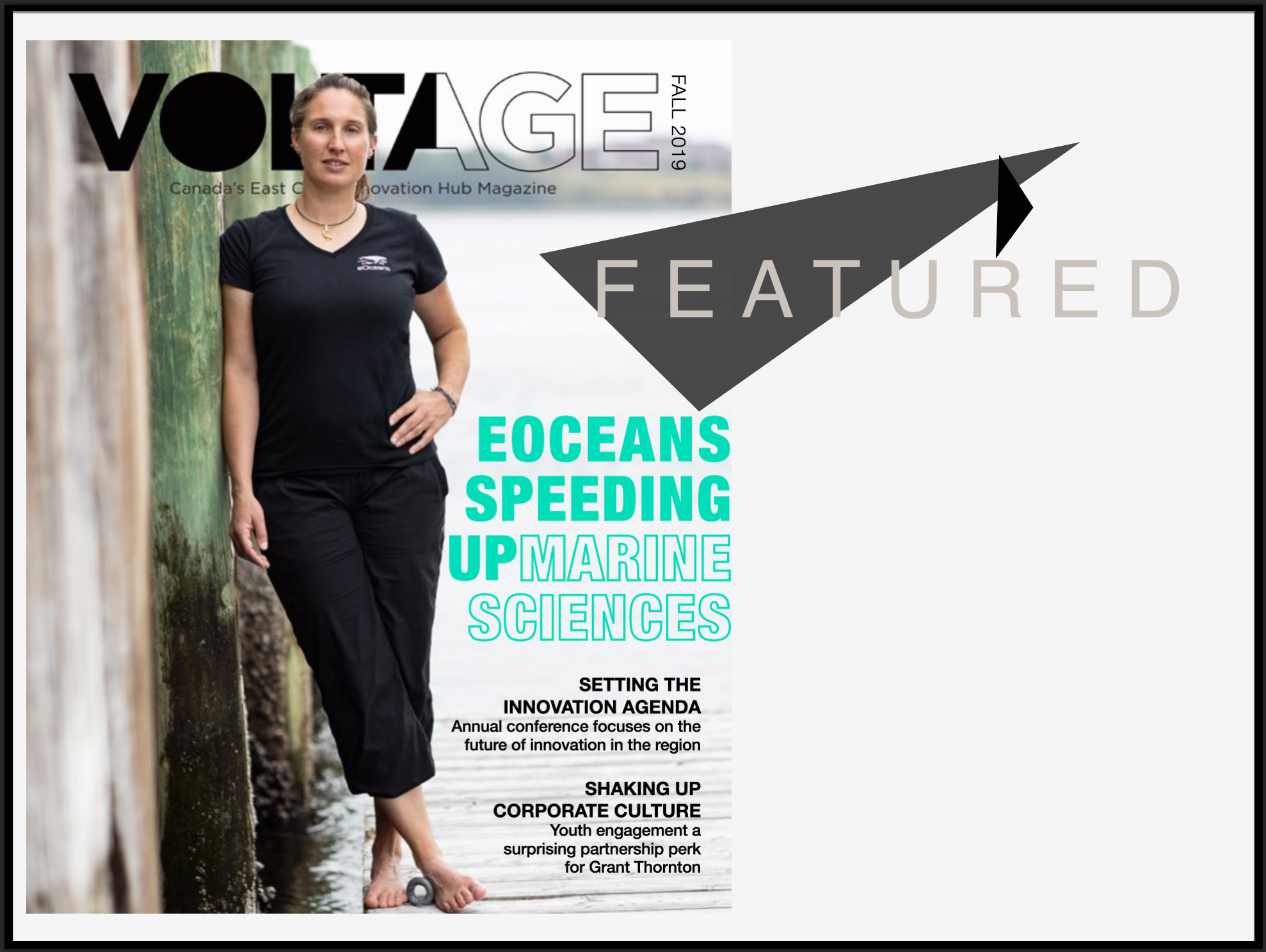
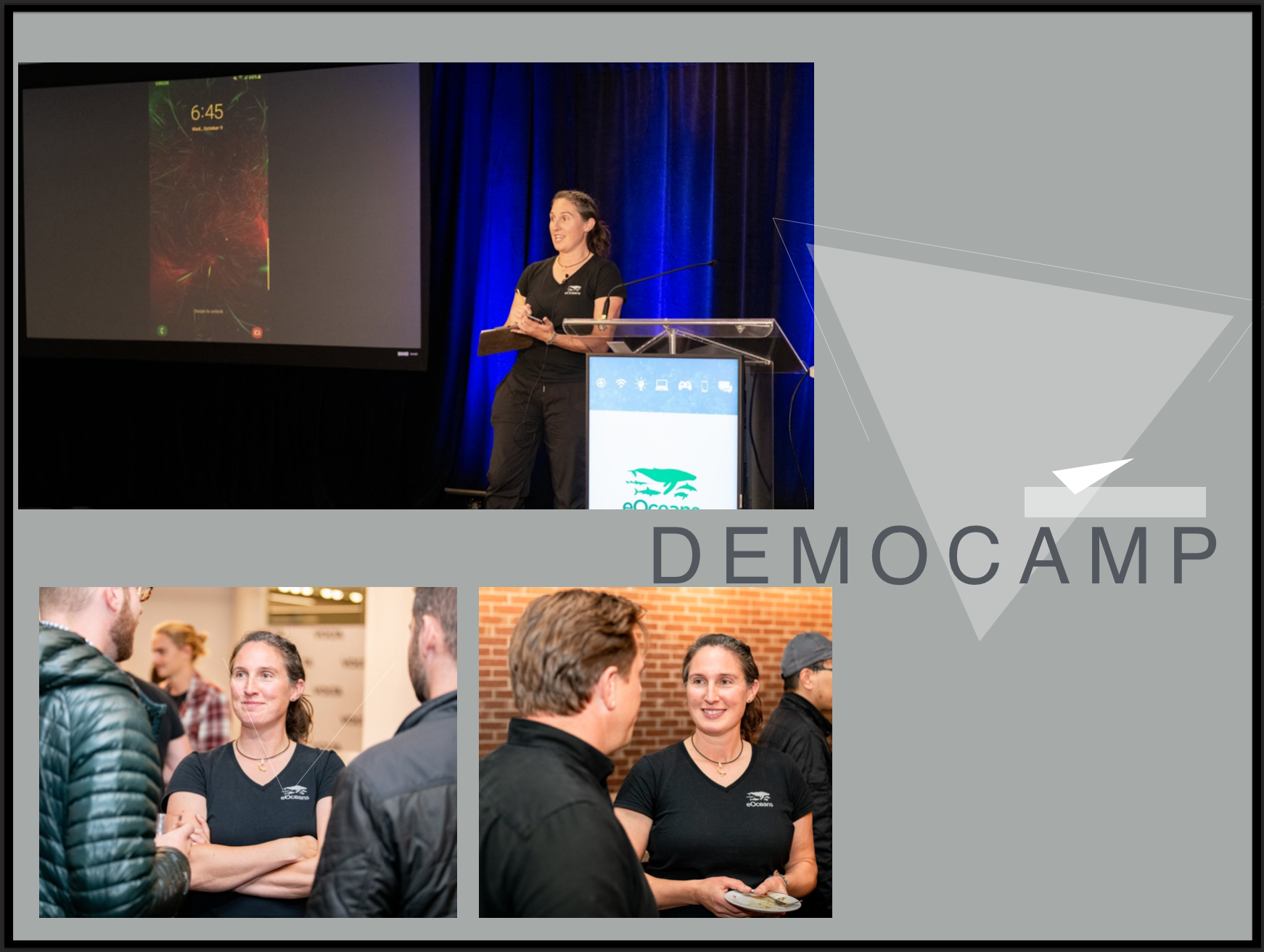
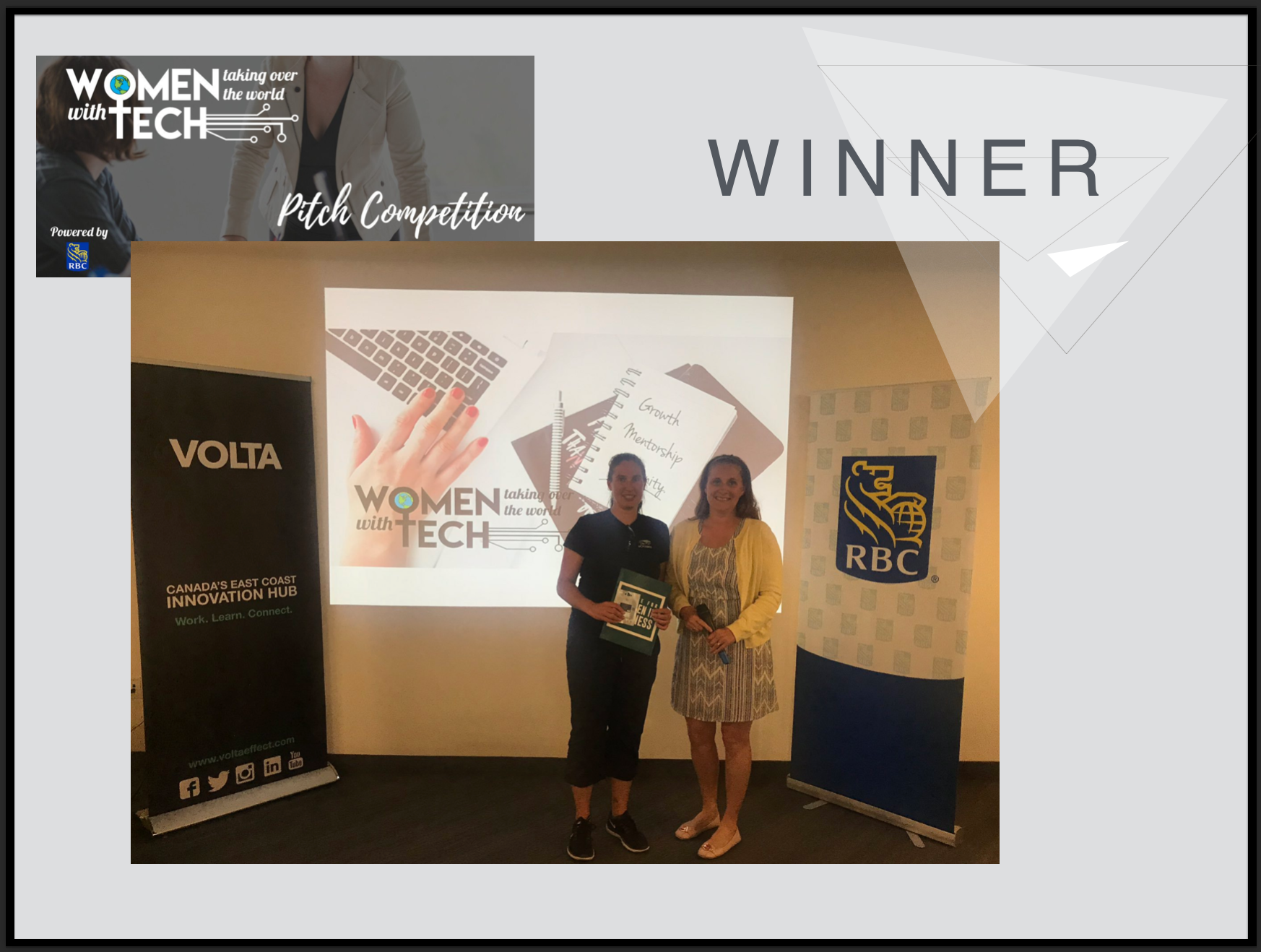
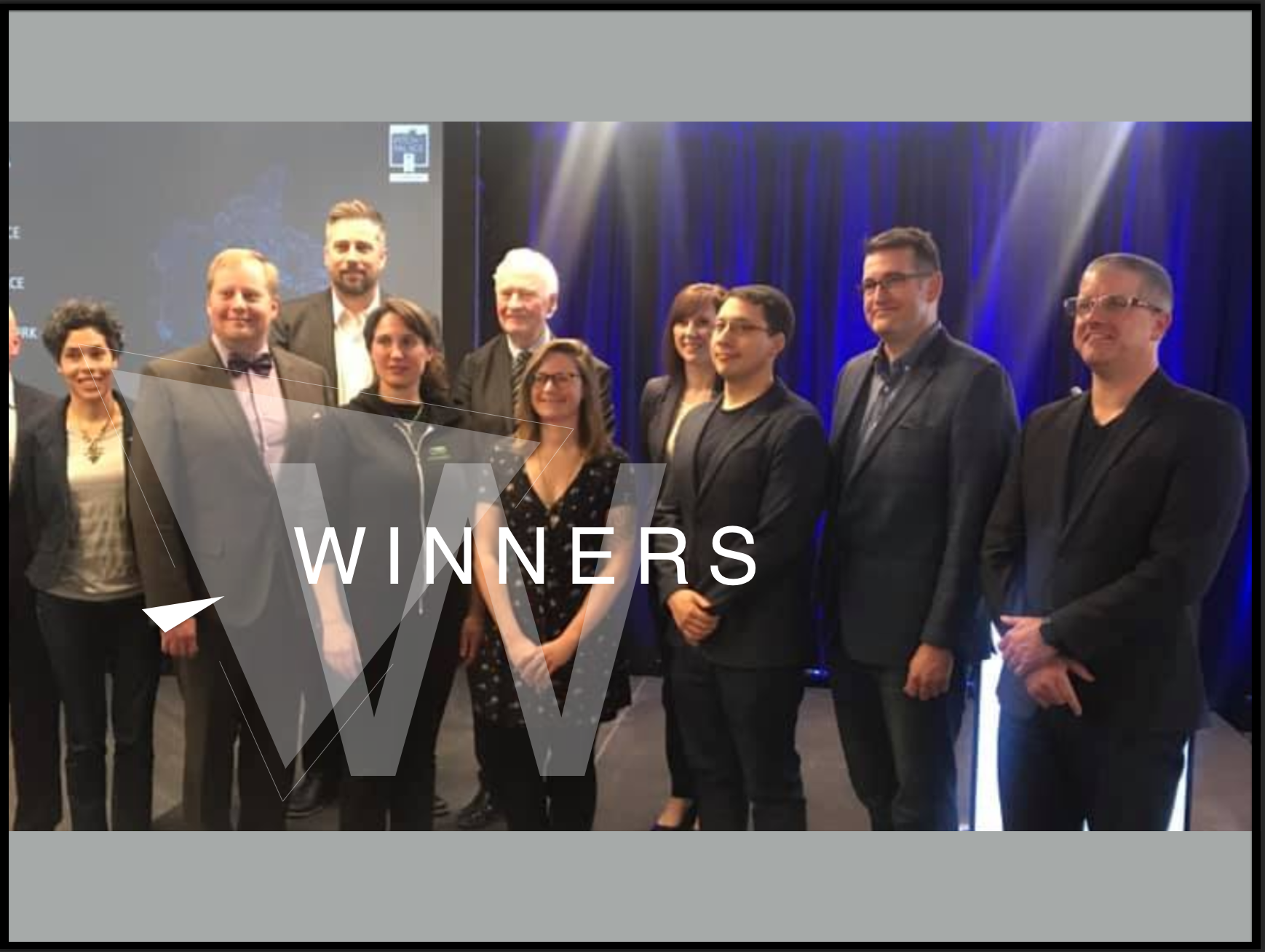
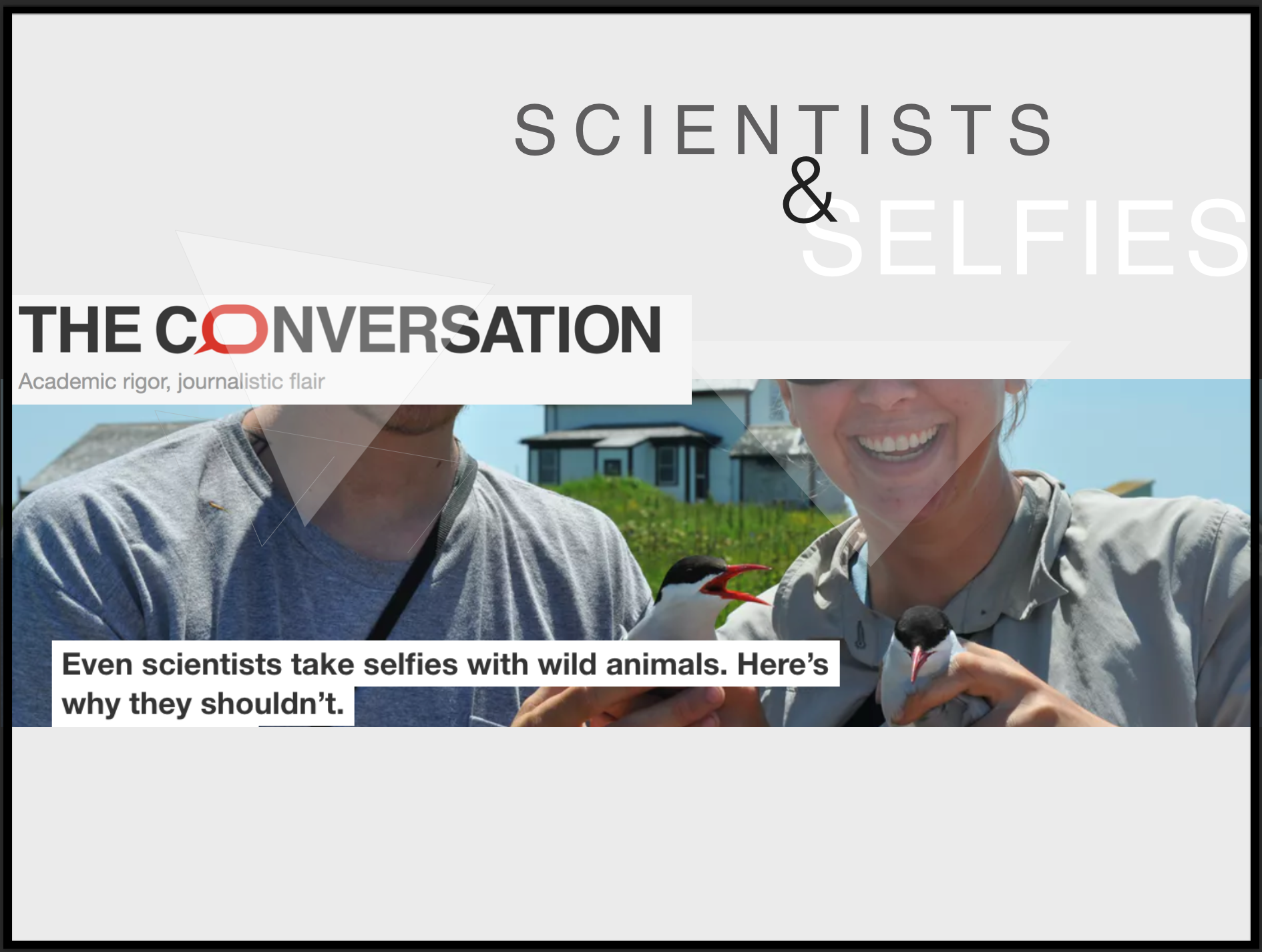
Dead eels in Lake Banook and other lakes throughout Dartmouth —eOceans can help, CTV News Sep. 2023.
Canada, Jamaica to work on protection of marine resources”, Jamaica Observer, Jun. 25, 2021
AANChOR project at the “All-Atlantic Ministerial High-Level & Stakeholders Conference”, ZMT, Jun. 4, 2021
The oceans are changing - here’s how to help researchers monitor them”, New Scientist, Mar. 31, 2021
eOceans - Mobile Technology for Ocean Monitoring (in Conjunction with Seaweek 2021)”, Royal Society NZ, Jan. 19, 2021
Expo News: Innovation station', National Fisherman, Nov. 16, 2020
More on how the COVID-19 pandemic is affecting coastal and marine tourism and usage”, The Skimmer on Marine Ecosystems and Management, Sept. 22, 2020
As Scientists Struggle with Rollbacks, Stay At Home Orders and Funding Gaps, Citizens Fill the Gap”, Inside Climate News, Jun. 23, 2020
eOceans Citizen Science App for Ocean Observations”, reef builders, May 28, 2020
Earth Day Activities: These Science Projects Get You Outside Virtually”, Discover Magazine, Apr. 22, 2020
The oceans are changing - here’s how to help researchers monitor them”, Opera News, Mar. 31, 2020
eOceans Launches App Amid COVID-19”, Entrevestor, Mar. 23, 2020
New eOceans software allows scientists and the public to record and share ocean-data in real time”, Natural Resources, Mar. 11, 2020
START IT UP: Three companies shaping Atlantic Canada’s Green tech startup scene”, Saltwire, Feb. 26, 2020
Collaborative Discoveries in The Ocean”, BlueOcean Magazine, Feb. 2, 2020
ENTREVESTOR: Halifax’s eOceans accepted into Seattle-based Washington Maritime Blue accelerator”, Saltwire, Jan. 30, 2020
Gov. Inslee helps launch Washington’s first maritime startup accelerator in Seattle”, Geek Wire, Jan. 22, 2020
eOceans is speeding up marine science”, Volta, Jan. 2, 2020
These 11 startups will be part of the WeWork-Washington state maritime accelerator program”, Geek Wire, Dec. 12, 2019
Pitch@Palace Canada 1.0 kicks off in Halifax”, Canadian Innovation Space, Mar. 27, 2019
Volta labs announces 16 startups to pitch for $25,000 investment”, betakit, May 8, 2018
Life after death: how we hatched live shark pups from dead parents”, The Guardian, Feb. 19, 2018
Even scientists take selfies with wild animals. Here’s why they shouldn’t”, The Washington Post, Aug. 16, 2016
Here’s Why Sharks Are Cool”, U.S. News, July 8, 2015
13 amazing things scientists discovered about sharks in 2013”, Southern Fried Science, Dec. 28, 2013
Breaking News! “Most Comprehensive Estimate of Mortality”: Between 63 and 273 Million Sharks Killed Each Year”, Southern Fried Science, Mar. 1, 2013
How severe are shark population decreases, and how do we know?”, Southern Fried Science, Apr. 19, 2012
Join Us
Your future starts with the choices made today. Be part of the movement to do things differently—better, smarter, and focused on purpose.
